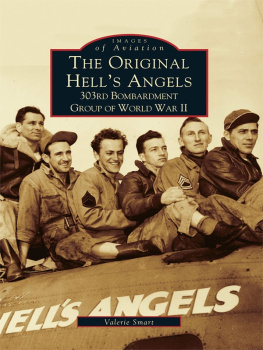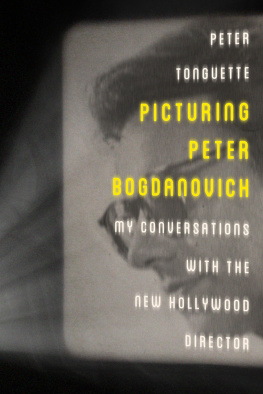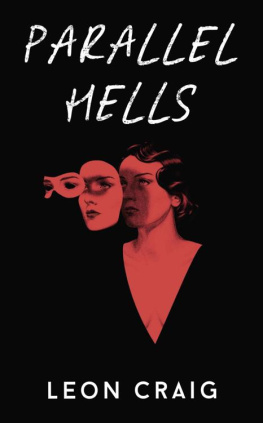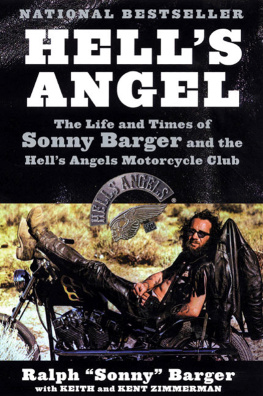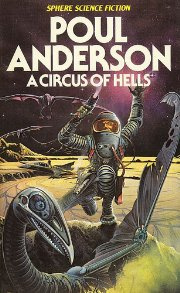Peter Bogdanovich - Who the Hells in It
Here you can read online Peter Bogdanovich - Who the Hells in It full text of the book (entire story) in english for free. Download pdf and epub, get meaning, cover and reviews about this ebook. publisher: Random House Publishing Group, genre: Non-fiction. Description of the work, (preface) as well as reviews are available. Best literature library LitArk.com created for fans of good reading and offers a wide selection of genres:
Romance novel
Science fiction
Adventure
Detective
Science
History
Home and family
Prose
Art
Politics
Computer
Non-fiction
Religion
Business
Children
Humor
Choose a favorite category and find really read worthwhile books. Enjoy immersion in the world of imagination, feel the emotions of the characters or learn something new for yourself, make an fascinating discovery.

- Book:Who the Hells in It
- Author:
- Publisher:Random House Publishing Group
- Genre:
- Rating:4 / 5
- Favourites:Add to favourites
- Your mark:
- 80
- 1
- 2
- 3
- 4
- 5
Who the Hells in It: summary, description and annotation
We offer to read an annotation, description, summary or preface (depends on what the author of the book "Who the Hells in It" wrote himself). If you haven't found the necessary information about the book — write in the comments, we will try to find it.
Who the Hells in It — read online for free the complete book (whole text) full work
Below is the text of the book, divided by pages. System saving the place of the last page read, allows you to conveniently read the book "Who the Hells in It" online for free, without having to search again every time where you left off. Put a bookmark, and you can go to the page where you finished reading at any time.
Font size:
Interval:
Bookmark:
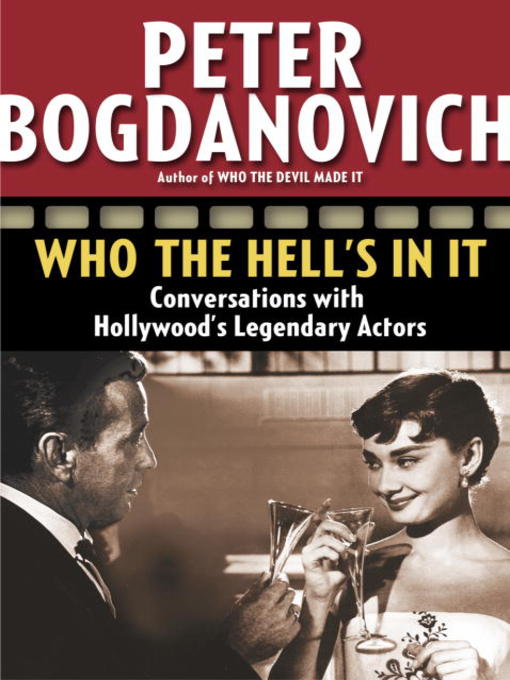
Praise forWHO THE HELLS IN IT
His books are guilty pleasures, full of astutee observations and irresistible anecdotes.
Los Angeles Times
Who the Hells in It is a big, expansive anthology that reveals Mr. Bogdanovichs vast knowledge of film and disarming skill as a raconteur.
The New York Times
Bogdanovichs remembrances need no justification; with his sure eye and store of knowledge, just about anything he has to say about film bears listening to. Who the Hells in It makes a sturdy and enjoyable textbook.
The Hollywood Reporter
Theres something for just about every sort of film buff: from Bogart and Bacall to Sinatra and Martin; from John Wayne and Jimmy Stewart to John Cassavetes and Ben Gazzara. Those who like classic movies will fall in love with this book.
Publishers Weekly
A collection of personal stories and observations about many of the greatest Hollywood stars from the point of view of an intimate fan. A completely unique, moving book full of Bogdanovichs well-known expertise and limitless affection for anyone and anything to do with good movies.
WES ANDERSON, writer-director of
The Royal TenenbaumsandRushmore
Bogdanovich analyzes movie stars peccadillos and blind spots with an actors eye for human frailty.
New York Press
Bogdanovichs admiration for his subjects is unmistakable. [His] enthusiasm makes one want to go out and watch a movie that stars the person hes profilinghe even makes suggestions as to which onesand thats undoubtedly a good thing.
The Wall Street Journal
Who the Hells in Its pages are filled with the makings of idols old and new, portraits of their lives and their jobs. If you love movies, youll love this book.
North Hollywood Bi-Weekly
ALSO BY PETER BOGDANOVICH
Movie of the Week (1999)
Who the Devil Made It (1997)
A Moment with Miss Gish (1995)
This Is Orson Welles (1992; expanded 1998), with Orson Welles
A Year and a Day Engagement Calendar (annually, 199198; a.k.a. The White Goddess Engagement Diary, based on works by Robert Graves; editor)
The Killing of the Unicorn: Dorothy Stratten 19601980 (1984)
Pieces of Time (1973; expanded 1985)
Allan Dwan: The Last Pioneer (1970)
Fritz Lang in America (1969)
John Ford (1967; expanded 1978)
The Cinema of Alfred Hitchcock (1963)
The Cinema of Howard Hawks (1962)
The Cinema of Orson Welles (1961)
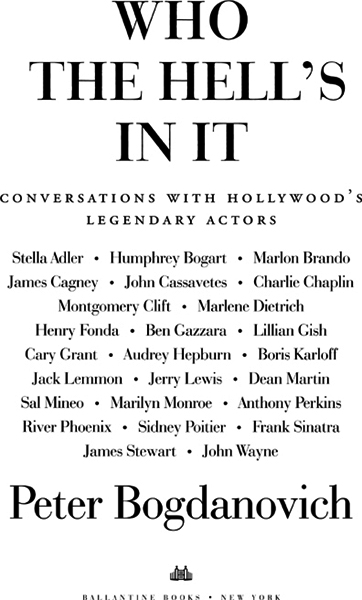
To the memory
of
Audrey Hepburn,
John Cassavetes,
Sal Mineo,
River Phoenix,
Madeline Kahn,
John Ritter,
and
Dorothy Stratten
Each gone from us
so much too soon
In pictures, personalities are it, you know. It isnt acting per se as its known in the theater. Youd bring some kid in who just blazed off the screena girl or a fellow would hit you instantly. Thats what we looked forsome photographic quality, some mysterious hidden thing certain people have. The great movie stars learned the technique and a few mannerisms and a few moves and became sort of public idols. They couldnt do anything wrong, if you liked themno matter what they did; it wasnt what they played.
ALLAN DWAN
Actors are like children. They must be coddled, and sometimes, spanked.
ALFRED HITCHCOCK
You and your directors! For me, its all about the actingmovies are, you know. Pictures are ultimately about the performances.
ORSON WELLES
Thats the great thing about the movies. After you learnand if youre good and Gawd helps ya and youre lucky enough to have a personality that comes acrossthen what youre doing isyoure giving people little tiny pieces of time that they never forget.
JAMES STEWART
Some thirty years ago, in Rome, Orson Welles and I were having a late-night drink in his suite at the Eden Hotel. We had spent a couple of hours taping our conversation for a book about his career. The tape machine, much to Orsons relief, was off now and stowed by the door. Of course, it was always at those times that Welles made the best comments. He had been going on about one of his favorite heresiesthat directors, and indeed the whole job of directing, were highly overrated. For Orson, motion pictures were essentially about the performances.
When I remarked that a certain film was well directed but not well acted, Welles responded that he couldnt separate those qualities and if it wasnt well acted, then what good was it? Obviously, he said, he agreed that the highest level of great directionwith picturemakers he most admired, like Jean Renoir or John Ford, Ernst Lubitsch or Howard Hawkscertainly ranked among the fine arts. But that the average director, even some of the most successful, with long, distinguished careers, did not make the difference that really good performances do.
A little while later Orson cracked a disparaging remark about a popular contemporary stage and film star, ending with, Well, you knowactor! In show-biz circles, particularly among crews and production people, the use of the word actor (said with just the slightest touch of contempt) reads as volumes of recorded experience. It is as much an expletive with or without a preceding goddamn, and contains all the negative aspects behind the currently fashionable diva, but none of the glitter or charm. Actor, which can be hurled like a brick through a window or said under ones breath, carries a rather mundane connotation of a boringly self-involved, humorless and demanding person, often childish and vainin other words, tediously high-maintenance. None of this is ever taken to imply that the actor is not a good one.
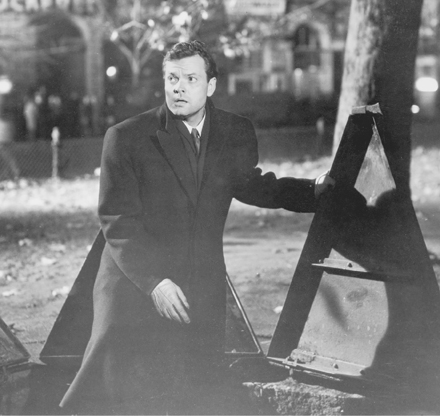
Orson Welles as Harry Lime in the Graham GreeneCarol ReedAlexander Korda thriller The Third Man (1949), the only movie role Welles ever played without makeup. He also wrote the famous cuckoo clock speech himself.
So I asked Orson, Well, if he thought acting was it in theater or film, how could he so disparage actors, and how did he himself behave when he was acting? After all, he had done a great deal more of it than directing. Welles replied, nodding boisterously once, Actor! We both laughed. Did he mean that when he was acting, he behaved with all the unpleasant connotations behind the pejorative use of Actor!? Orson nodded, beaming, almost proudly. Yupactor! He laughed, loud and long.
This book repeatedly harks back to that essential paradox about actors, male or female. To achieve what they often do so magically and with such humanity, must there always be a childish or a childlike foundation? In order perhaps to preserve some profound sense of innocent vulnerability? Acting does begin with play-acting. There was, in fact, an innocence on some level with all the star-players I met, and almost all actors, young or old. In their varying ways, at various points in their careers, as well, each of the actors in this book has on some level felt an unspoiled, selfless love for the work and the medium itself, whether on stage or screen (see, in particular, the Lillian Gish chapter).
Font size:
Interval:
Bookmark:
Similar books «Who the Hells in It»
Look at similar books to Who the Hells in It. We have selected literature similar in name and meaning in the hope of providing readers with more options to find new, interesting, not yet read works.
Discussion, reviews of the book Who the Hells in It and just readers' own opinions. Leave your comments, write what you think about the work, its meaning or the main characters. Specify what exactly you liked and what you didn't like, and why you think so.

